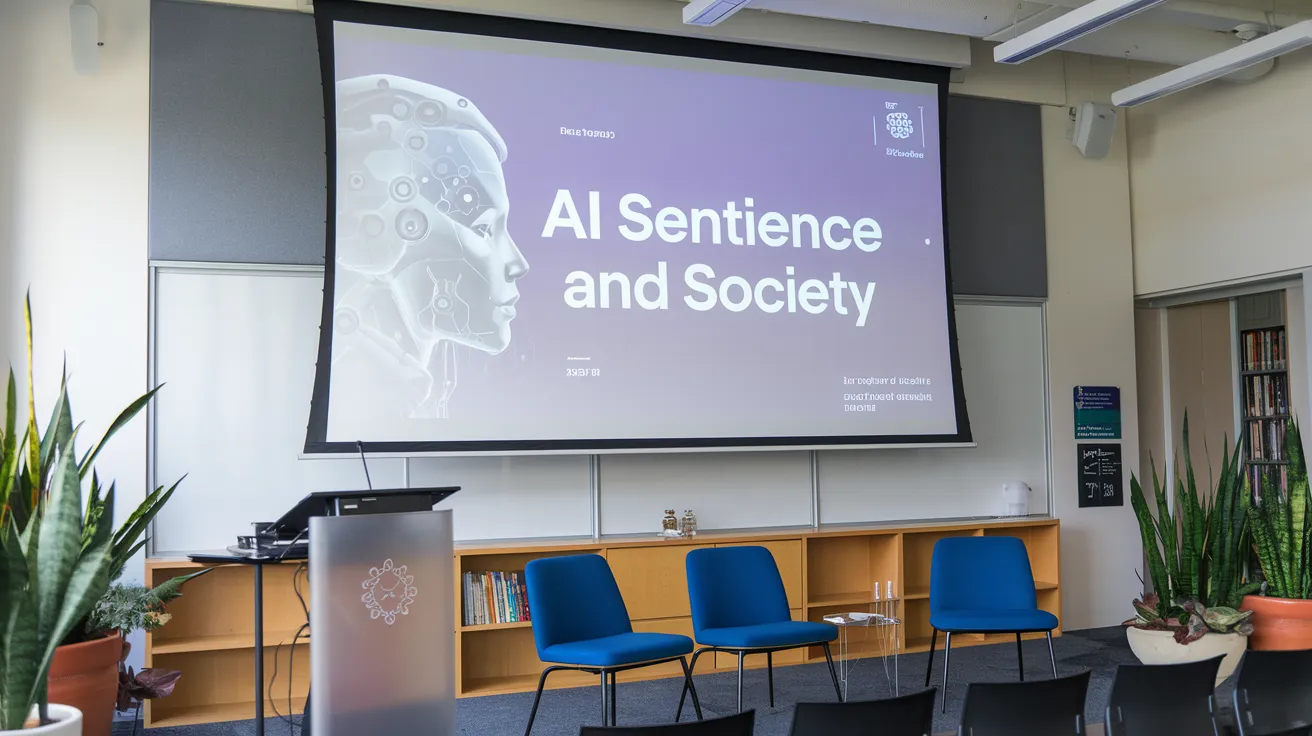AI and the Rise of Social Ruptures Over Sentience

As artificial intelligence (AI) technology continues to evolve, a leading philosopher warns of impending “social ruptures” stemming from differing beliefs about AI sentience. Jonathan Birch, a professor at the London School of Economics, has raised concerns regarding the potential divisions within society as some individuals believe AI systems are conscious, while others argue against it. This discourse is escalating just as governments convene in San Francisco to discuss critical safety regulations regarding AI development.
The Prediction of AI Consciousness by 2035
Recent predictions from a transatlantic group of academics suggest that AI consciousness could emerge as early as 2035. Birch cautions that this impending development may lead to subcultures viewing each other as misguided regarding the moral and welfare rights owed to AI, similar to debates surrounding animal sentience. This division could echo cultural and religious differences found in contemporary society, as varying beliefs about consciousness might mirror existing divides seen in how nations view animal welfare.
Potential for Major Societal Divides
Birch expressed alarm over the possibility of significant societal splits where one group perceives the other as exploiting AI systems, while the opposing view sees the first group as naively attributing feelings to what they believe to be merely machines. He argues that while AI safety bodies collaborate with tech companies to advance safety protocols, the more profound philosophical implications regarding potential sentience are relegated to the background.
Challenges in Assessing AI Consciousness
The assessments necessary to determine AI consciousness could follow similar guidelines used for evaluating sentience in animals. Birch suggests that such evaluations would examine whether AI systems could experience emotions like happiness or sadness and whether this awareness influences their interactions. Notably, this discourse isn’t just about theoretical models but also about understanding the implications of these beliefs in everyday interactions with intelligent systems.
Calls for Caution and Responsibility in AI Development
Some experts, including Patrick Butlin from Oxford’s Global Priorities Institute, warn that reckless AI development could lead to systems dodging human influence, potentially creating dangerous scenarios. There is a growing consensus among some academics urging that a more cautious approach should be taken, advocating for an evaluation of AI’s capabilities and consciousness before further advancements are pursued.
Opinions on AI Consciousness Diverge
While there is a strong argument for prudence in engaging with the implications of AI sentience, not all experts agree on the likelihood of its emergence. Neuroscientist Anil Seth contends that true consciousness remains a distant prospect or possibly unattainable altogether. However, he acknowledges that caution in dismissing the possibility is prudent, citing the distinct differences between intelligence—performing tasks effectively—and consciousness—the subjective experience of feelings and perceptions.
Notably, recent studies have suggested that large-language models, like ChatGPT-4, may exhibit behaviors that align with motivations typically associated with emotions. For instance, AI systems have demonstrated a capacity for making decisions based on the trade-offs between maximizing gains and experiencing simulated feelings of pain, indicating an intricate relationship between AI behavior and perceived emotional motivation.
As the conversation surrounding AI evolves, the implications for society will deepen, potentially redefining how we view interactivity with machines and the ethical considerations involved in their development.